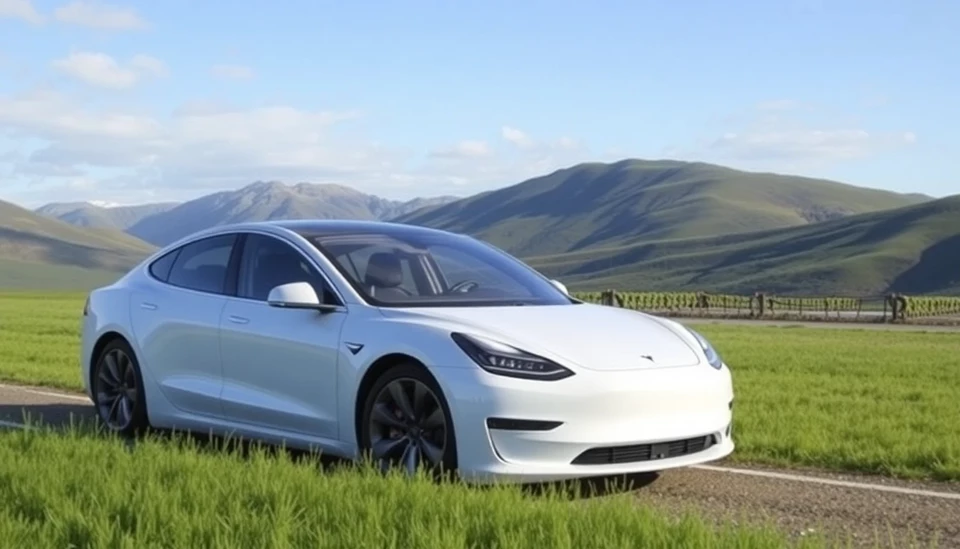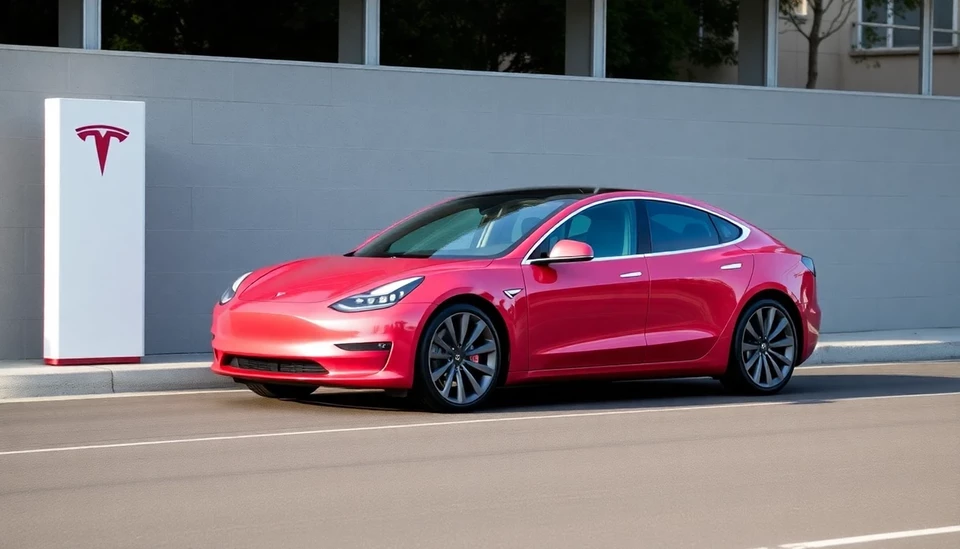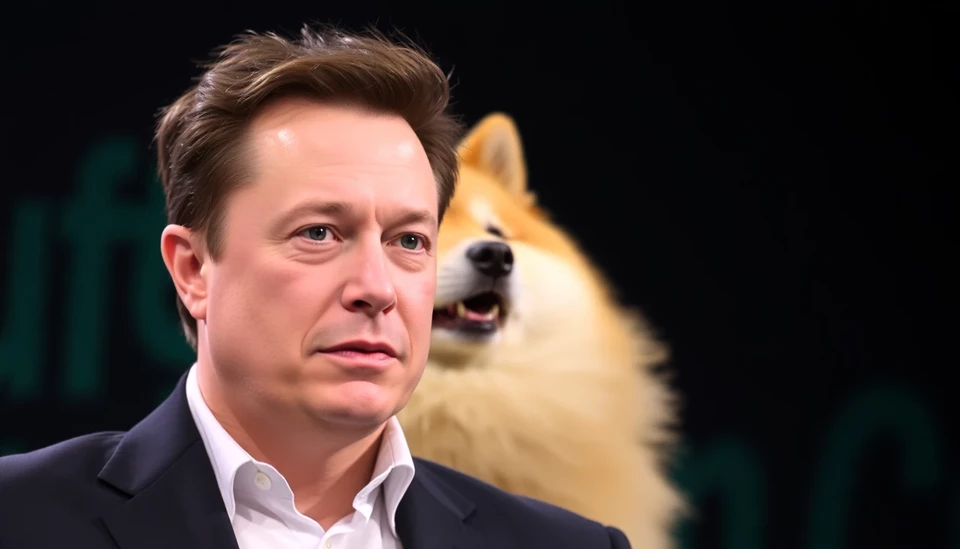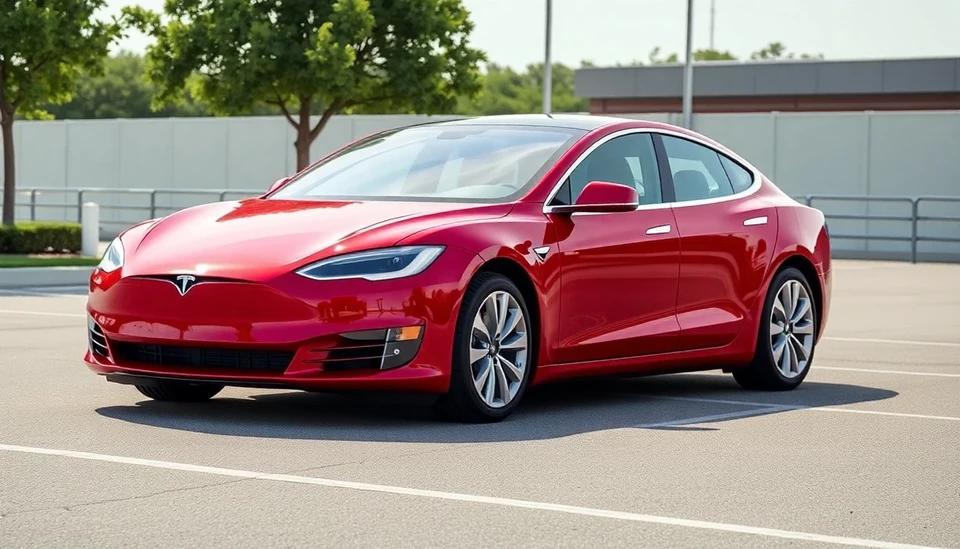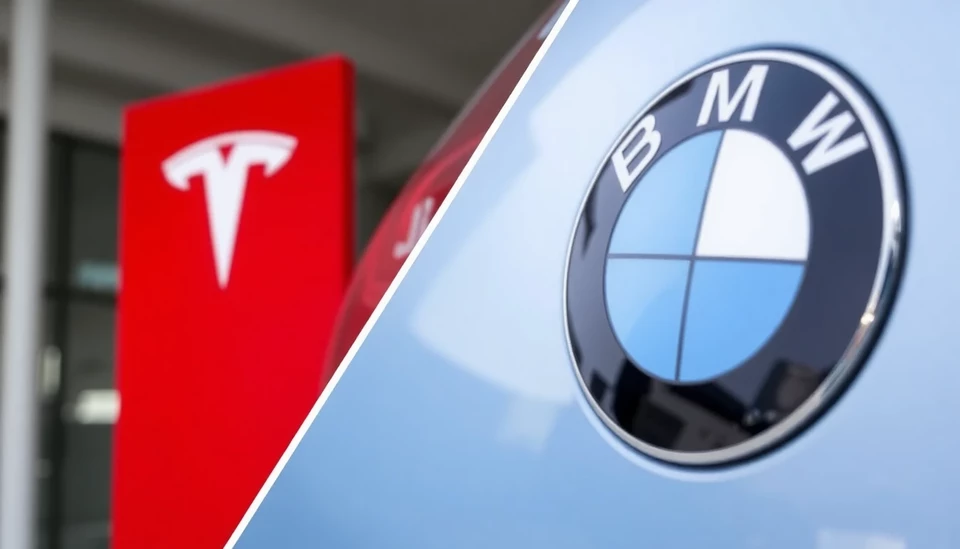
In a significant turn of events within the global automotive industry, two major electric vehicle (EV) manufacturers, Tesla and BMW, have filed lawsuits against the European Union (EU) in response to new trade restrictions targeting EVs produced in China. This development highlights the intensifying competition in the rapidly growing electric vehicle market and raises questions about international trade policies regarding electric vehicles.
The crux of the issue stems from recent measures introduced by the EU that impose tariffs and other trade barriers on Chinese-made electric vehicles, a decision prompted by concerns over subsidization and unfair competitive practices in the global EV market. Tesla and BMW are contending that these restrictions not only threaten their operations but also contravene existing international trade agreements.
Both companies argue that the EU's actions could set a detrimental precedent, potentially escalating trade tensions further and impacting a broader range of industries reliant on global supply chains. They claim the tariffs disproportionately affect manufacturers reliant on parts and materials sourced from China, which is a major player in the EV ecosystem.
In their lawsuits, Tesla and BMW are seeking to overturn the tariffs, asserting that the EU's rationale for these measures lacks sufficient evidence and targets specific manufacturers without justifiable cause. They have stated that the tariffs could lead to increased costs for consumers, reduced innovation in the EV sector, and diminished competition overall.
Industry analysts suggest that the outcome of these lawsuits could have far-reaching implications, not only for Tesla and BMW but also for other automakers navigating the shifting landscape of international trade concerning electric vehicles. With other regions observing these developments closely, the ramifications could extend globally, influencing trade policies and practices worldwide.
As the electric vehicle market evolves, the clash between local protections and international competition underscores a crucial junction for both manufacturers and regulators. The growing reliance on Chinese manufacturing for EV components has raised alarms in Western countries and prompted calls for increased domestic production capabilities.
The launch of these lawsuits signals a pronounced shift in strategy by Tesla and BMW, who both aim to defend their interests vigorously amid a new legislative environment that appears increasingly hostile to foreign competition. As the automakers prepare for a legal battle, the EU is expected to respond with its own arguments in favor of the trade measures, citing the need to protect domestic markets and promote fair competition.
As the hearing unfolds, industry stakeholders remain on high alert, gauging the potential impacts on market access and competitive dynamics. With electric vehicles poised to become a cornerstone of future transportation, the implications of these legal proceedings will likely resonate throughout the automotive sector for years to come.
The clash represents more than just a legal battle; it reflects the broader tensions between free-trade principles and government intervention in protecting local industries in a world increasingly characterized by strategic competition around technology and innovation.
As Tesla and BMW prepare to engage in this high-stakes legal confrontation with European authorities, the global automotive landscape remains at a critical intersection, one where innovation, regulation, and market access will be continuously reshaped by the ongoing developments in international trade policy.
#Tesla #BMW #EUTrade #ElectricVehicles #ChineseManufacturing #TradeDispute #Innovation #AutomotiveIndustry
Author: John Harris
